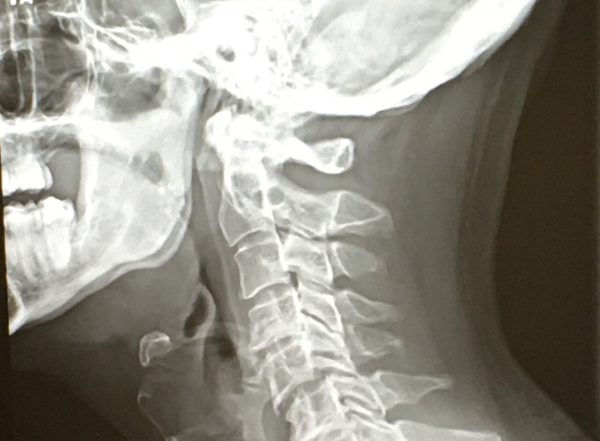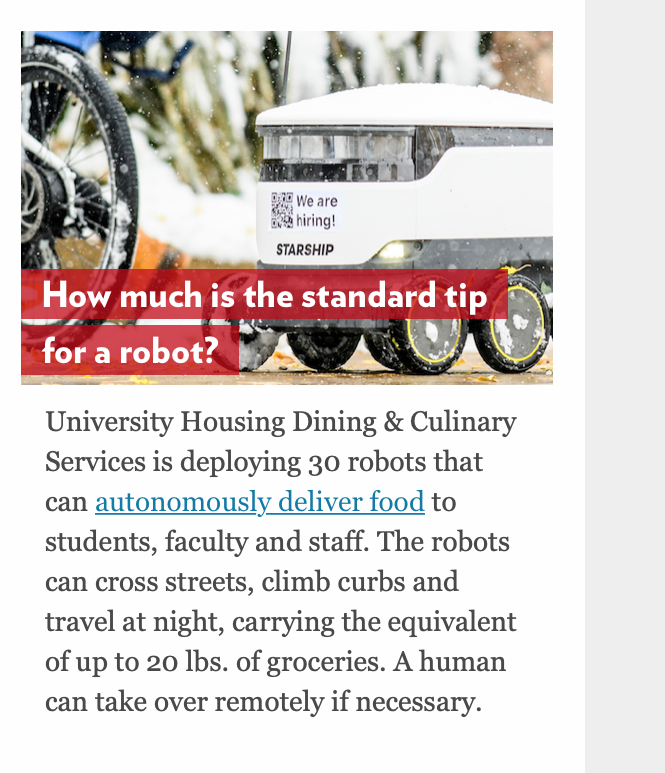[Warning: this will not be a fun post. Sorry.]
It’s hard to believe that it’s been five years.
Today, I will make my annual pilgrimage down county highway M to lay flowers on the very spot where we lost Sam, age eighteen, in a senseless car accident, on March 15, 2005.
When I was there last year, pieces of the automobile could still be seen lying in the grass.
Sam was the only son of my supervisor, coworker, and good friend. She was singlehandedly raising him – never an easy thing to do. When we first started working together, in 1997, her ex-husband had just filed for divorce and Sam was ten. The ex seemed to never get into the spirit of being a father; my coworker turned often to me, asking for advice on how to help her guide this pre-adolescent, then adolescent, son into adulthood.
To say that I was his surrogate dad, or he was like my son, would be over-stating things, a bit. Yet there are aspects of both of those statements that hold true; by coaching and advising his Mom, I had a hand in helping to shape his growth; Sam loved the theatre, was a budding actor, and we went to see each other’s shows; I became a de-facto member of the family, sharing Thanksgiving dinners with Sam and his Mom year after year.
As with any child who comes from a divorced home, High School was difficult for Sam (and, one should add that in addition to the divorce, Sam had to cope with his Dad taking his own life). Nevertheless, he persevered, and was on track to graduate that June. He turned eighteen in January; late in February, he was accepted to Beloit College in their Art program. I started saving up money to buy him an iPod as a graduation present – something that I thought was the sort of gift a Dad would give a son. But then, of course, all of that never came to pass…
After a few moments of reflection at the crash site, it will be on to Forrest Hill Cemetery, where I will lay some more flowers where Sam’s remains are buried.
I recall, last year, as I drove there, a particular Suzanne Vega song – Widow’s Walk – came on the old iPod playing through the car stereo; one part of the lyric seemed to repeat itself over and over again in my head:
“Though I saw it splinter, I keep looking out to sea.
Like a dog with little sense, I keep returning,
To the very area where I did see the thing go down,
As if there’s something at the site I should be learning.”
What is it, I wonder, that I’m supposed to be learning from this tragedy that I haven’t already learned? That life is precious, fragile, and all too short? I was sure I’d learned that lesson long ago. But perhaps some part of it still evades me.
Or, perhaps, there is no lesson to be learned. Maybe this is just the duty that we take on when we love and care about people; when they leave us, we have an obligation to keep the memory of them alive, and to mark their passing. There are, of course, many ways to do this; but for some reason I choose this one. I wonder some times if I will always mark the day this way; will there come a time when my mourning transforms and takes a different shape? I suppose it’s possible.
Until then, I have this; and so tomorrow I will take my annual pilgrimage. I will trace the route, I will stand watch at the graveside, and I will feel the pain of him no longer being in the world and having been taken all too soon.


